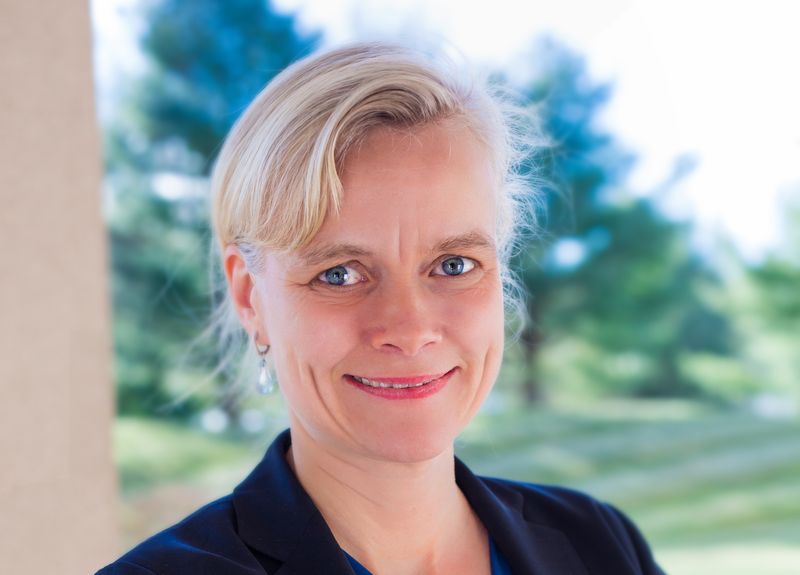You are the co-Chair of the B20 Health initiative, can you tell us about your experience working in the group?
First of all I would like to congratulate and thank Minister Gröhe and the German government to initiate this first G20 Health Minister Meeting, and I would like to thank Dr. Heraeus for his engagement in the B20 health initiative. It is amazing to see the members from all countries coming together and talking about health care trends and what we, the industry, the insurance, the health care providers, and very much the governments, can do to improve health care. It’s a great initiative. It is an exciting atmosphere here with lots of discussions some really emotional and you really get to a point where you can bring it down to accountability of making concrete steps for the improvement of health worldwide.
We handed over the B20 recommendations, to which you contributed as a co-chair. What are the key messages to the G20 from your perspective?
There are three things. Firstly, the role of digital innovation in health care. That’s the only way to really bridge the gap of higher health care costs coming from the aging population and more chronic diseases and lower funds. Secondly, the way patients and consumers are taking ownership of their own health, so the personalization of health, allowing also for individual care pathways and precision medicine at scale. Thirdly, what we would call industrialization of health care, which very much means the evolution of the health care path. Using big data in a predictable, meaningful and secure way, to improve clinical outcomes and efficiencies.
You recently launched the Future Health Index. Can you tell us what the index is about?
For the index we interviewed 33,000 consumers and professional care-givers in 19 countries about their opinion on health care. There are some really striking findings. Firstly, the strong focus on prevention. Over half of all care-givers were clear that they want to spend more time on prevention. In their view, the majority of their time should be spent on preventing diseases, so on health care rather than on sick-care. In reality, only 1 percent of the budget goes to disease prevention which is particularly a call to action for the G20 governments. Another result was that the trust in a health system depends on the extent to which the health system is integrated. While the general trust in health systems is only 54 percent, as soon as people believe that there is a functioning eco-system, so hospitals are cooperating with General Practitioners, care-givers and families, the levels of trust are rising to almost 80 percent. That is a very significant result and calls for pulling down the borders between silos of health care, as we must be working for outcome rather than for income and pushing cooperation.

